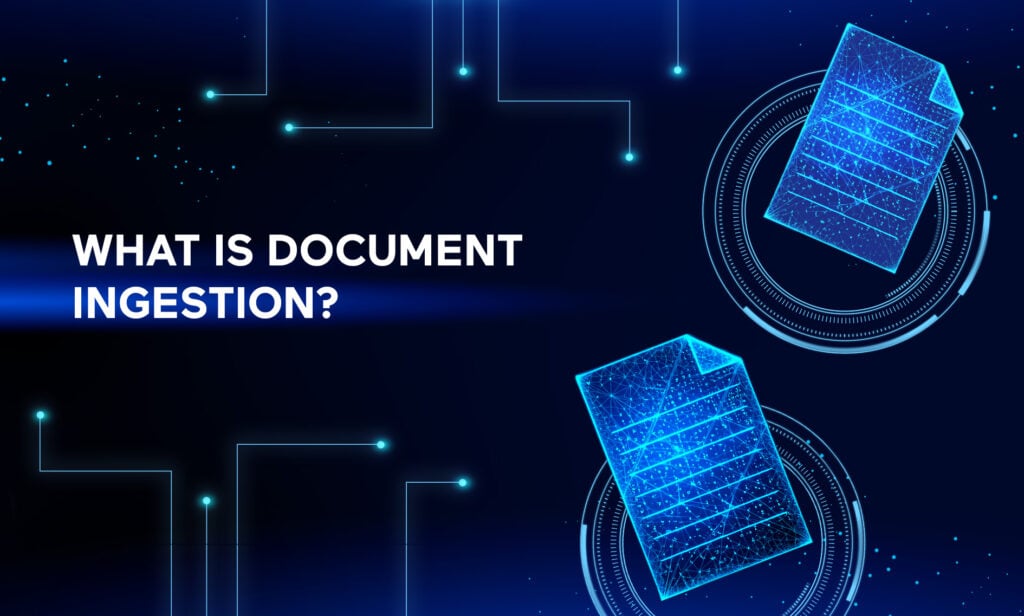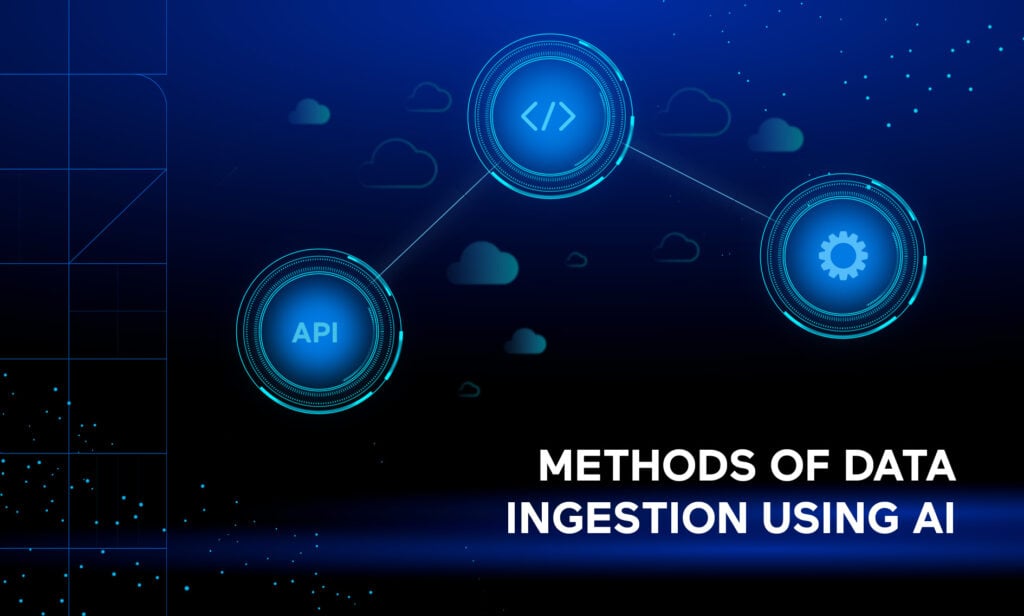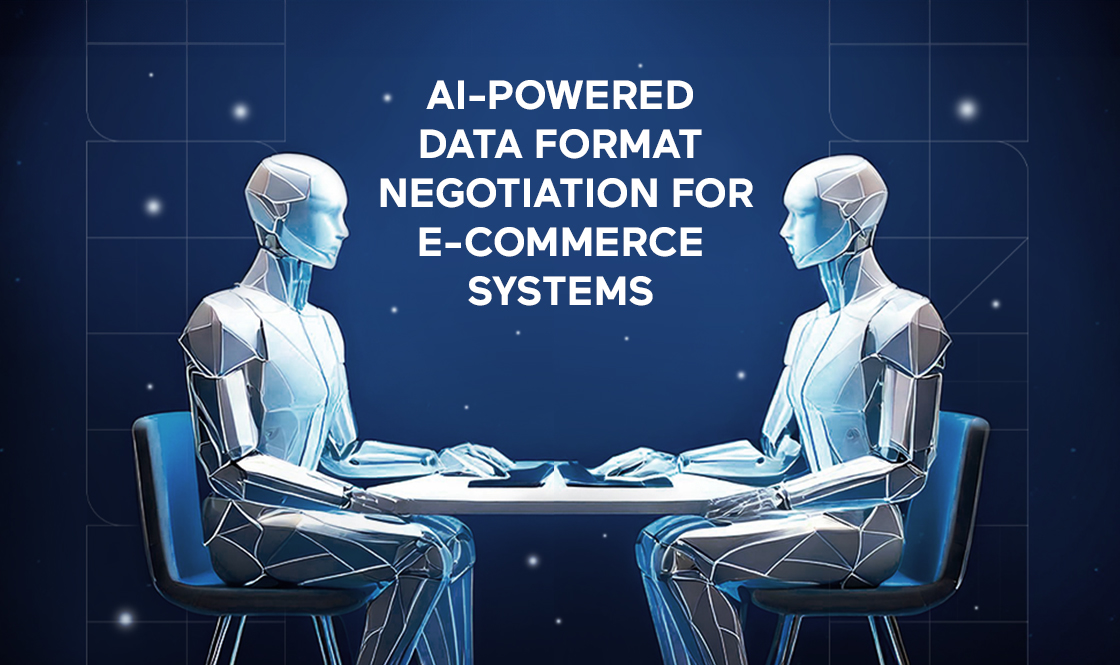Dealing with complex data access laws is a significant challenge for legal teams. With Salesforce data compliance, businesses can navigate these challenges efficiently, minimizing the risk of costly errors and enhancing legal operations.
Navigating the intricate landscape of data access and privacy laws is one of the most taxing responsibilities for legal teams today. With regulations constantly shifting across different regions and industries, the risk of costly human errors looms large. Fortunately, legal data management solutions powered by AI are transforming how legal research is conducted, offering faster and more accurate results.
The Burden of Traditional Legal Research
Traditional legal research is, above all, a burdensome process. Manually verifying that every data transaction is compliant and cross-referencing laws across multiple jurisdictions is incredibly time-consuming and prone to human error.
Complexity and Volume of Legal Requirements
Data access and privacy laws vary widely across different regions, from the GDPR in Europe to the CCPA in California, not to mention industry-specific regulations such as HIPAA for healthcare data. Keeping track of these requirements, many of which are frequently updated, can overwhelm legal teams, especially in large-scale enterprises.
Time-Consuming Manual Processes
The manual nature of traditional legal research adds another problem – legal teams often have to sift through vast amounts of legal texts and precedents. If a company plans to expand its operations into a new market, the legal team must understand the local data privacy laws. And before they can do that, the process can take weeks or even months, depending on the complexity of the data and the jurisdictions involved.
Human Error and Legal Risks
With so much information to process and so many variables to consider, even the most meticulous legal teams can miss critical details. A slight misinterpretation of a legal text, an overlooked regulation, or an incorrect assumption bears a risk of exposing the company to legal action, fines, and damage to its reputation.
The Strain on Legal Resources
Finally, traditional legal research places a significant strain on your legal resources. Legal departments are often stretched thin, especially in large companies where they must balance compliance with various other legal responsibilities. It means that the legal team may find itself overwhelmed with the volume of work, further exacerbating the risk of non-compliance.
How AI Co-Pilot Systems Transform Legal Research in Salesforce

AI co-pilot systems have revolutionized legal research in Salesforce, offering Salesforce compliance strategies that are faster and more accurate.
Contextual Legal Recommendations
AI can analyze the exact nature of a company’s Salesforce use (customer segmentation, international sales) and recommend actions that align with both the legal framework and the business model. If you plan a targeted marketing campaign using Salesforce customer data, the co-pilot can assess its legal implications and then tell you whether any tweaking is needed.
Real-Time Compliance Monitoring
AI continuously scans data transactions, immediately flagging any actions that could breach legal standards. This way, if a customer service rep tries to access or transfer data to a region with strict Salesforce data protection laws, the AI system can instantly check whether this action complies with any applicable regulations. If a potential violation is detected, the system can automatically block the action and alert the legal team.
Automated Legal Documentation
One of the most time-consuming aspects of legal research is interpreting legal texts and applying them to specific business scenarios. AI systems excel in this area as well – they parse through complex legal documents and extract relevant clauses. When a new data protection law is enacted, the AI co-pilot can quickly analyze the text and suggest necessary adjustments (updating data access policies or modifying user permissions).
Integrating data access compliance services within Salesforce ensures that businesses maintain compliance while optimizing their legal operations.
Benefits of AI-Powered Legal Research in Salesforce

- Efficiency: AI reduces the time spent on legal research, allowing teams to focus on higher-value activities. Overall, AI dramatically reduces the time required for legal research. Tasks that traditionally take weeks or even months (reviewing legal texts, applying them to specific data management practices) can be completed in a matter of minutes. This allows legal teams to focus on higher-level strategic tasks rather than getting bogged down in labor-intensive research.
- Accuracy: AI minimizes human error, ensuring compliance with complex regulations.
- Scalability: AI systems can handle large volumes of data and adapt to changing legal requirements.
- Cost efficiency: Expanding on the previous point, with time savings often come cost savings. With little to no need for extensive manual legal work, you can easily decrease the costs associated with legal compliance. Additionally, the reduced risk of non-compliance can save you from costly legal disputes and fines (but more on that in our next point).
- Reduced human error: One of the most significant benefits of AI-powered legal research is the reduction in human error. Traditional legal research relies heavily on manual processes, where even the most diligent legal teams can overlook critical details. AI systems, however, are designed to analyze vast amounts of legal data quickly and accurately. At the same time, make sure not to overestimate AI’s accuracy, as it is, too, not flawless. You will still need human oversight of AI’s output to eliminate any possibility of mistakes by either party.
- Improved decision-making: Lastly, AI-powered legal research helps your decision-making with its actionable insights based on very thorough analysis. The AI system will always identify potential compliance risks or recommend changes that align your activities with data protection laws, thereby supporting better, legally sound decisions.
Conclusion
Embracing AI-powered legal research tools and document life cycle management with Temporal can significantly enhance compliance efforts in Salesforce. By leveraging these advanced tools, businesses can navigate the complex legal landscape with confidence and efficiency.



